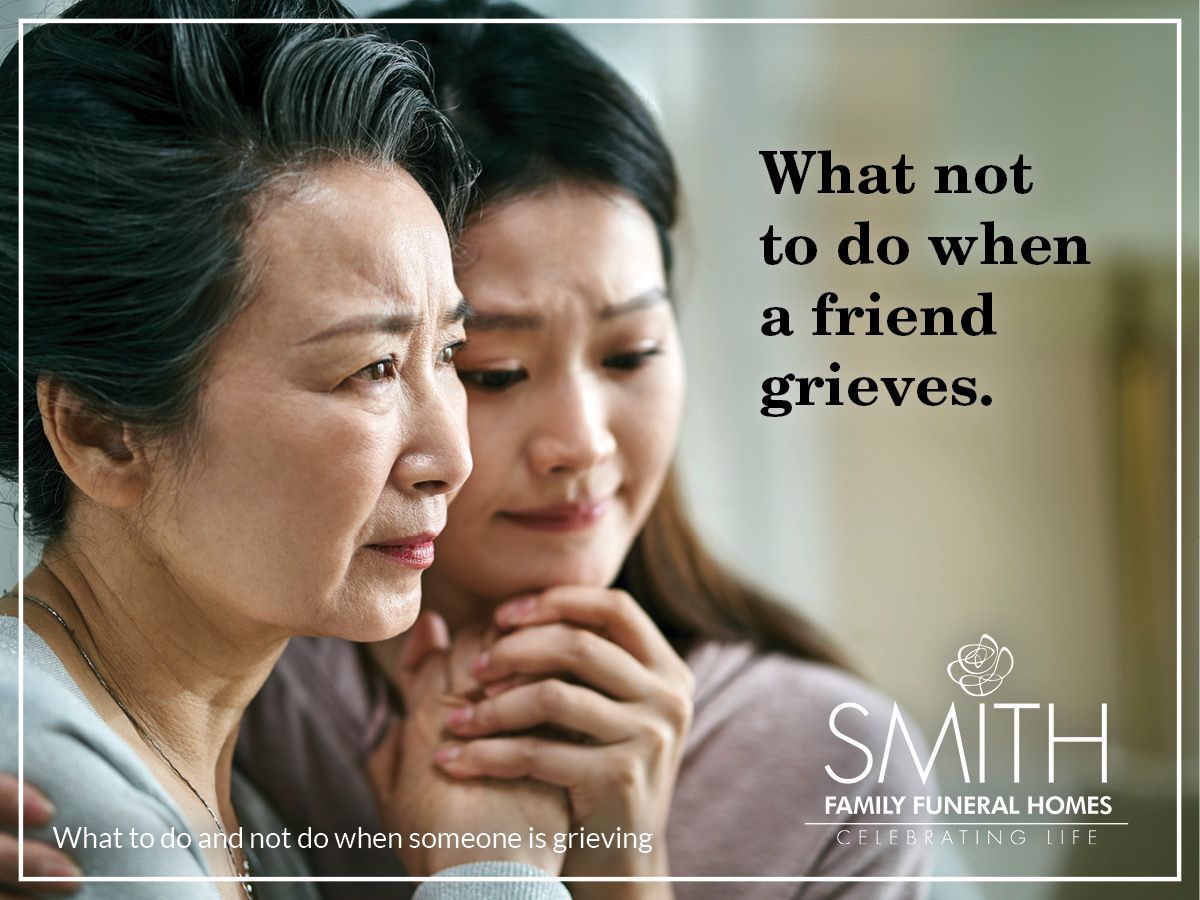
When you plan a funeral, it’s easy for the details to get overwhelming. But the planning process becomes much more difficult when families don’t get along. If your family is prone to fights or rifts are abound between relatives, here are a few tips to make the funeral planning process go more smoothly.
Funeral Planning Tips for When Families Don’t Get Along
1. Consider pre-planning to spare your family the squabble.
If you know that your family is prone to disagreements, one of the best gifts that you can give them is to pre-plan your funeral. When you work with a funeral home to plan your own funeral, you’re giving your family the blueprints for what you want. You’ll have all the big questions answered, such as whether you wish to be cremated or buried, if the ceremony should be religious or secular, and where the funeral will be held. All of these questions can be triggers for a family fight, but if they have your wishes written out for them, there will be less to fight over. By pre-planning, you’re helping your funeral go more smoothly, without bad feelings between loved ones making a difficult day much harder.
To make planning even easier for your family, you can also choose to pay in advance. Otherwise, your family may end up squabbling over how to pay for services. Talk to your funeral director about payment options. They will help you to identify a payment plan that works best for your family.
2. Be prepared to compromise.
If your loved one did not pre-plan their funeral and you’re planning it with family members who don’t get along, now is the time to extend an olive branch. When families are prone to fighting, the death of a loved one can make communicating even more difficult. Everyone is grieving, and everyone grieves differently. Recognize that you can only control your own reactions. So if a fight feels like it’s coming on, give yourself space from what’s instigating it and allow yourself time to calm down before reacting. Although you may have a picture of what you want your loved one’s funeral to be like, your family members do too. Compromises will likely have to be made. And the more you’re prepared to make those compromises, the more likely funeral planning will go smoothly.
3. Keep everyone on topic.
When a family that doesn’t get along gets together, things can devolve quickly. Old fights get rehashed, and old wounds get broken open again. To avoid the potential for things to get off-topic, structure your family meetings. When you schedule the family conference, communicate to them what will be discussed. Make sure that agenda is adhered to in the meeting. If things start moving in a different direction, steer the conversation back to the itinerary.
4. Keep everyone involved who wants to be involved.
You may feel like one particular person stirs up trouble, and you may be inclined to simply try to keep them out of the planning process to make things easier. But that person lost a loved one too, and it’s not fair that they are cut out from making plans to celebrate the one they loved. When you make plans to meet as a family to make decisions about the funeral, pick a time and place where everyone can attend.
5. Delegate and let others make decisions about their delegated topic.
If you’re taking the reins with funeral planning, be sure to recognize when others want to be a part of the process. If someone feels passionately about putting together a funeral slideshow, let them do it. You can offer to help, but let your family members take some ownership of the things that matter to them. Doing so will encourage compromise in others. If the person who wants a funeral slideshow busies themselves with making one, they may be less inclined to fight about other aspects of the funeral that matter less to them.
6. Ask a funeral director or family mediator to help.
Having a funeral director on hand to explain your options to your whole family can help get everyone on the same page. A funeral director can answer questions as they arise, preventing a family squabble if some people are confused about what certain options mean. When you’re holding a family meeting, ask your funeral director to attend to help keep the conversation on topic and address questions that can snowball into fights. However, if your family divide is so deep that you fear things getting out of hand quickly, consider consulting a family mediator as well.
When someone does not prepay or preplan, the responsibility falls to the next of kin. If you’re the next of kin, it’s important to let the other people involved in the funeral planning process know who will be making the final decisions. When families don’t get along, it’s unfortunately sometimes the case that some family members will be upset that their wishes aren’t followed. But a funeral home is legally obligated to follow the directions of the next of kin. Only one person can hold the decision-making power of the next of kin, and when other family members’ opinions conflict with theirs, the next of kin’s decisions must always take precedence. The funeral home is unable to transfer this power to anyone else and cannot diverge from the wishes of the next of kin. Although preplanning and prepaying is one way to prevent these disagreements from happening, if your loved one did not preplan, you should be sure that you are clear about who the next of kin is and what that means before you begin the planning process.
When your loved one doesn’t pre-plan, a family fight can be on the horizon, especially if family members have already experienced a falling-out. Keeping everyone in the loop, involved, and up-to-date on their options can help make the experience a little less painful. Just remember that everyone is grieving in their own way, so be patient with each other. And be sure to take breaks to keep yourself calm if things start getting more difficult.
Smith Family Funeral Homes provides quality funeral, memorial and cremation services to the families of Central Arkansas. Their six locations can be found in Little Rock, North Little Rock, Westbrook, Sherwood, Benton and Arkadelphia. With a privately-owned crematory operated by licensed professionals, Smith Family Funeral Homes can guarantee their high standard of care throughout the cremation process. To learn more, visit smithfamilycares.com.












